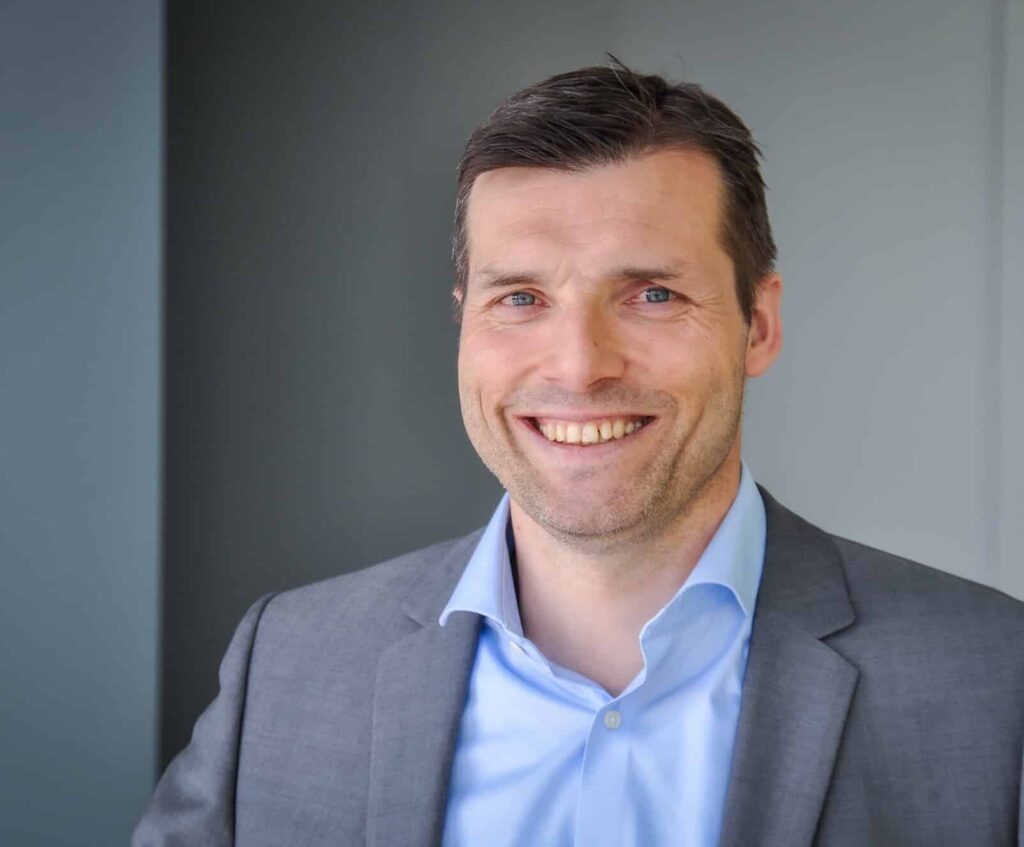- Digital entrepreneurship enables the green shift
The purpose of the meeting on 10 May was to increase the politicians' knowledge and understanding of the possibilities and importance of digitization for the development of Norwegian business and future workplaces.
- What do businesses need from politicians and what can politicians do to facilitate digitalisation?, asked regional director of NHO Viken Oslo , Nina Solli, initially during Monday's meeting between politicians in Viken, NHO and Smart Innovation Norway.
During two hours of presentations from the business world, including Smart Innovation Norway's cluster partners TotalCtrl, eSmart Systems and Völur, and a closing dialogue session between politicians and the speakers, the participants had the opportunity to promote their wishes and needs to each other.
- Read also: County council in Viken: - Here we are starting something exciting and can mean something
- Also read: - That so many people spend their Monday evening on this tells a little about the environment in Halden
- Also read: Smart Innovation Norway has the highest-ranked incubator in Viken
- There were approximately 20 politicians who participated, and we are very satisfied with the presentations, the response and the questions we received along the way, says chairman Eli Haugerud, head of the cluster department in Smart Innovation Norway.
Need for innovation and job creation
The first speaker was Nina Solli, who spoke about NHO's road map for the future of business and the next move. She pointed out that the need for innovation and more job creation is only getting stronger and stronger, and that digitization offers great opportunities both for business, the public sector and society.

Managing director of Smart Innovation Norway, Kjell Reidar Mydske, followed Solli's introduction by explaining how digitization contributes to new business areas and green workplaces, with a particular focus on digital entrepreneurship.
- It is about creating or establishing something new, and it can be done by individuals or companies. Digital entrepreneurship is based on data and we go from delivering a product to a service. An example everyone knows is Spotify. Digital entrepreneurship enables the green shift, says Mydske during his presentation.
Cooperation across politics and geography
His message to the politicians was that innovation companies and clusters depend on support from the Norwegian policy apparatus and cooperation with regional politicians to succeed in creating new services.
- We must get better at collaborating across politics and geography for larger and more powerful projects, was his clear call.
After Mydske, Head of Research & Innovation, Dieter Hirdes, presented Smart Innovation Norway's work with applied research, including the success within the EU's framework program for research and innovation, Horizon 2020.
- The whole point of the research we do is to create value and new services on the other side. If our research projects do not lead to anything other than a report, there is no point in doing this, stressed Hirdes.
Three innovation examples
Before the dialogue session, the politicians were presented with three cases, i.e. examples of companies that have used technology and artificial intelligence to create new and sustainable services.
TotalCtrl and general manager Charlotte Aschim talked about the food waste project the company has together with Halden municipality, where the goal is to reduce the amount of food that is thrown away from nursing homes and kindergartens by 50-85 percent using a digital solution that gives full control over what kind of food is available where, expiry date and what is needed at all times.
- During the first month we tested, we reduced food waste by 20 percent and threw away 5,000 kilograms less food, Aschim revealed.
CEO of eSmart Systems , Knut Johansen, gave the participants a quick introduction to how his company has become a world leader in its field, which in short is about using artificial intelligence for automatic inspection of power lines.
From Völur and general manager Robert Ekrem, the politicians heard about how the meat industry can be made more efficient with the help of artificial intelligence and data-driven decisions in the production process.
- At the bottom are the sustainability goals. It is about utilizing precious resources, said Ekrem.
Fruitful dialogue session
During the question round, the politicians asked questions about everything from recruitment and competence within the companies, to how to achieve better cooperation between the politicians and the business world in order to succeed in creating new, sustainable jobs, to how digitization can solve the challenges in the public sector.
The result? A good dialogue and committed actors who want to help each other further.
After the meeting, NHO regional director Solli is well satisfied and points out that several of the regional companies deliver solutions and services to the whole world, but that the majority of jobs are still found locally.
- In the example of eSmart Systems, which automates the inspection of power lines using artificial intelligence, offices have been opened in several countries, but still retain 80 percent of the workplaces in Halden. This is important for the politicians too, she concludes.
